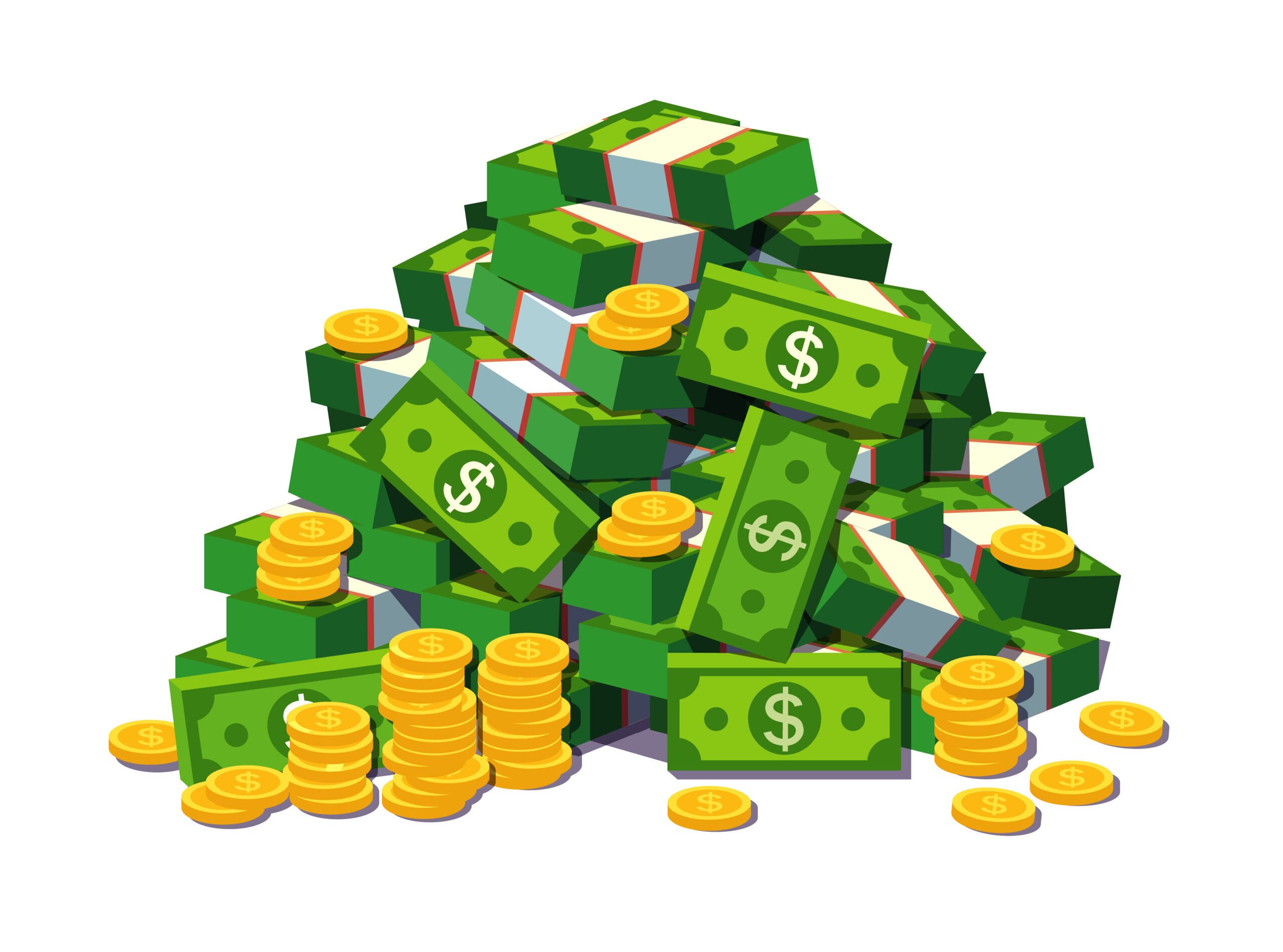There is a running joke in the investment management space that the Harper government did the Canadian public a great disservice by going with the name Tax-Free Savings Account instead of Tax-Free Investing Account. This subtle descriptive difference has caused many to use their TFSAs as little more than an additional bank account when it should be a primary means of compounding wealth for retirement. The naming convention falsely equates saving with investing. As such, Canadians need to understand the fundamental difference between saving vs. investing.
Saving simply refers to spending less than you make. Investing is what you choose to do with those excess funds. It’s an order of operations structure: unless you are going to borrow, you must save before you can invest. The choice is whether to just save, or to save and invest.
To save or to invest
This decision primarily boils down to the time horizon you have for your funds. All investing carries a certain degree of risk, and this risk is often amplified in the short-term. The S&P 500, for example, is up roughly 53% of all days, 69% of all quarters, 74% of all years, 94% of all decades, and 100% of all 20-year periods. If you have a long time horizon, equity markets are a pretty good place to stash your funds, even if your odds of making money on any individual day are little better than a coin flip.
I classify money that doesn’t carry any investment risk as savings. These funds are generally shorter term in nature or are being earmarked for a specific goal. Examples include an emergency fund to tap into if you lose your job, or a down payment for a home. Outpacing inflation isn’t as crucial as preservation of capital.
At a minimum, long-term investments should preserve buying power over time. Put simply, you should invest in something that outpaces the rate of inflation. We are aware of the wealth-eroding effect that inflation has had in the past, but seem to neglect it when projecting into the future. Consider, for example, that $1 million today would buy you about as much as $290,000 bought in 1980. Parking that money in cash would have lost you more than 70% of your buying power. If you are uncomfortable with investing in risk assets, then you will have to save significantly more just to maintain your lifestyle into retirement. Conversely, the S&P 500 compounded at close to 12% per year over the same time period. That same $290,000 would have grown to almost $32 million. While the stock market doesn’t provide any guarantees, it’s safe to say that the wealth-eroding effect of inflation isn’t going anywhere.
What qualifies as investing?
A distinction must also be drawn between investing and trading. Investing involves building a portfolio of holdings both within and across asset classes on the basis of time horizon and risk appetite. Trading is predicated on a short-term mindset, trying to take advantage of price action within stocks to make a quick profit.
Participation in the stock market alone does not make someone an investor. Drawing a false parallel between investing and trading leads some people to believe that buying stocks is no different than gambling. The obvious difference is that most gamblers lose; that’s why casinos make so much money. Investors, on the other hand, have done very well over time. Comfort with short-term volatility will lead to long-term success. As a starting point, make sure you’re taking full advantage of your Tax-Free Investing Account, now that you may better understand the difference between saving vs. investing.
Opinions are those of the author and may not reflect those of BMO Private Investment Counsel Inc., and are not intended to provide investment, tax, accounting or legal advice. The information and opinions contained herein have been compiled from sources believed reliable but no representation or warranty, express or implied, is made as to their accuracy or completeness and neither the author nor BMO Private Investment Counsel Inc. shall be liable for any errors, omissions or delays in content, or for any actions taken in reliance. BMO Private Investment Counsel Inc. is a wholly-owned subsidiary of Bank of Montreal.

